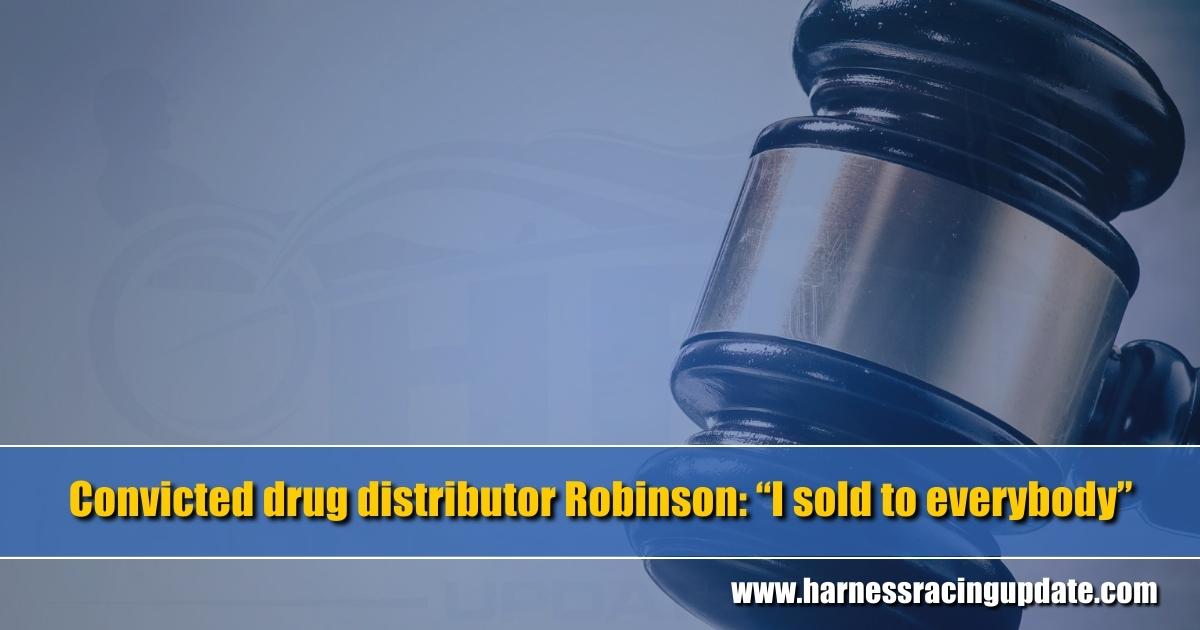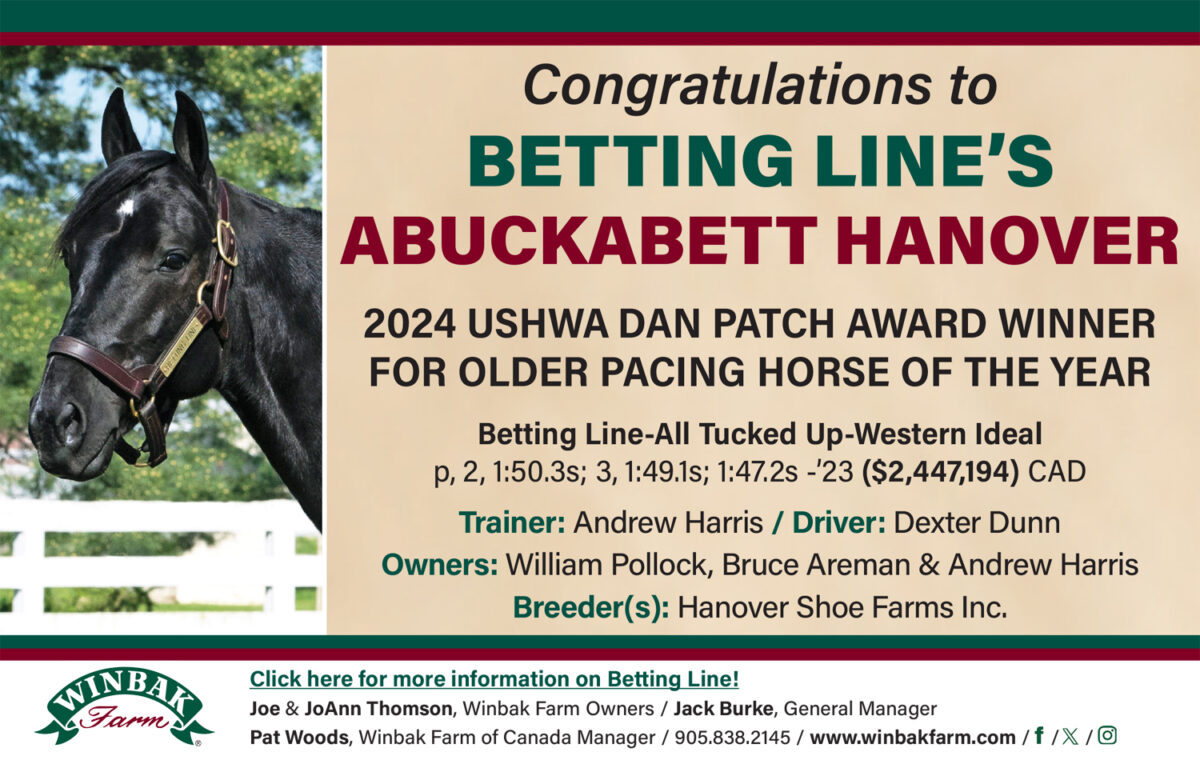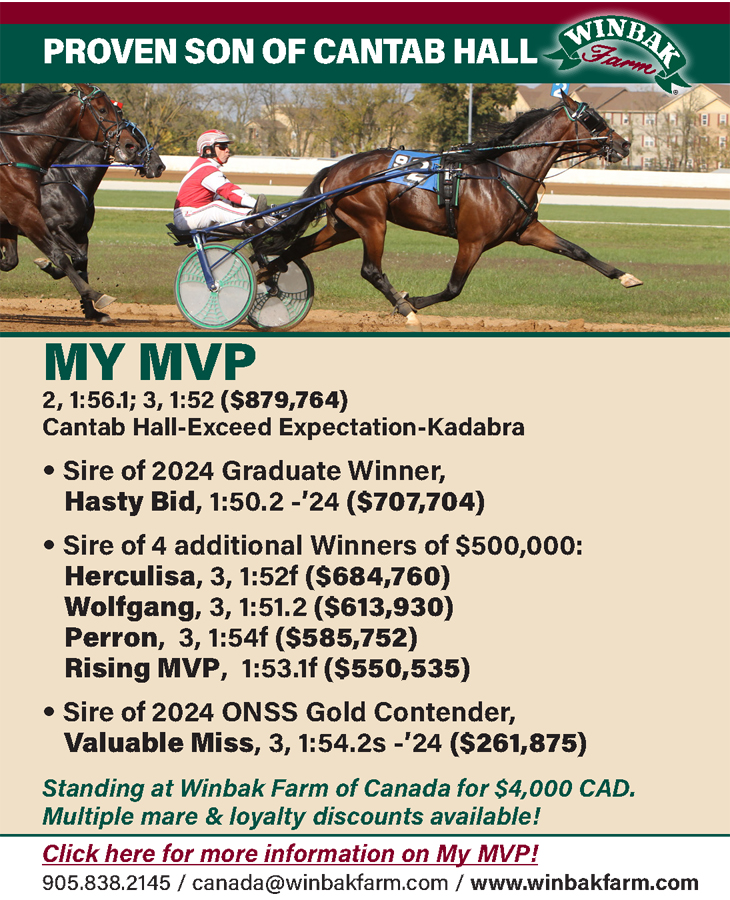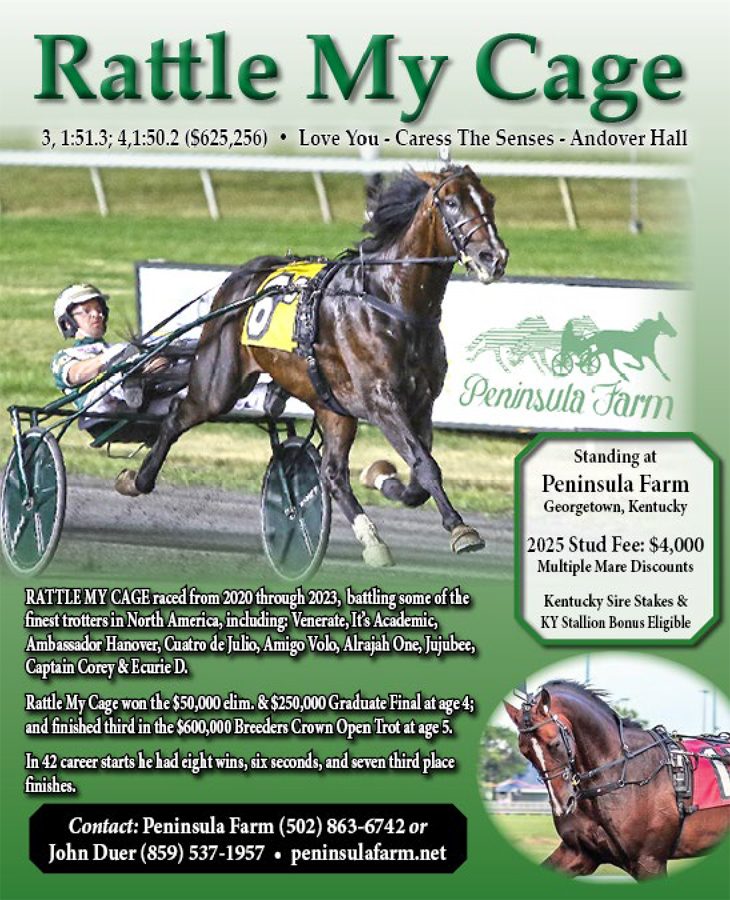
Convicted drug distributor Robinson: “I sold to everybody”
Former standardbred owner and trainer Scott Robinson is interviewed from jail.
by Bill Finley
(Editor’s note: This story originally appeared in Thoroughbred Daily News (full story here) It is republished with the permission of TDN)
Before he was caught up in the probe into performance-enhancing drugs in horse racing and arrested for selling and shipping adulterated and misbranding drugs, Scott Robinson was living large. He drove a Lamborghini and his online businesses that the government has charged were selling PEDs were pulling in millions. There was never any shortage of customers.
“I sold to everybody,” said Robinson, who added that he had “thousands of customers,” and not just in horse racing. Robinson said his products were bought by individuals using them with camels, racing greyhounds, racing pigeons and to people operating alpaca farms. As part of his sentence, which includes 18 months in prison, Robinson was ordered to pay a $3.8 million forfeiture.
One year to the day that the indictments against 27 individuals allegedly involved in a scheme to use performance-enhancing drugs on racehorses were announced, Robinson, a drug manufacturer and distributor, became the first of those involved in the scandal to be sentenced to prison after he pled guilty to one count of drug adulteration and misbranding. The maximum sentence for that offense is five years.
The scope of Robinson’s operation, and how many trainers and veterinarians were buying his products, was one of many subjects Robinson discussed in a series of interviews with the TDN, one by phone and several by email. Robinson is currently serving his sentence at FCI Coleman Low Correctional Institute in Sumterville, FL. Few subjects were off limits, including his client list. It includes dozens of thoroughbred trainers and veterinarians who bought illegal drugs from Robinson, but it’s a list he says he will not divulge.
“As far as telling you who I sold this to, I’m not ready to go that far,” he said. “I know my career is over, but there are people out there who still work in racing and their livelihoods are at stake. They aren’t the ones that got me into this mess, so there’s no reason why I should want to see them get punished for something everybody was doing.”
Robinson, who has owned and trained standardbreds, said the government has not pressed him for a list of his clients.
His willingness to discuss his situation stems in part from the fact that he doesn’t see himself as the dope-peddling fiend the government made him out to be. Rather, he says the substances he sold were not narcotics or performance-enhancing agents but products that were not harmful to the horse and contained vitamins, minerals and amino acids.
“The definition of a PED and a non-PED is a very fine line and not black and white,” Robinson said. “The government has their own definition of PEDs. I say for it to be a PED it must be a drug. I don’t consider vitamins, supplements and amino acids PEDs.”
The government would beg to differ. It charged that between at least 2011 and February, 2020, Robinson sold millions of dollars’ worth of PEDs to customers across the U.S. and abroad, customers whose intent was to use the drugs to improve the performances of their horses.
“Scott Robinson created and profited from a system designed to exploit racehorses in the pursuit of speed and prize money, risking their safety and well-being. Robinson sold unsanitary, misbranded, and adulterated drugs, and misled and deceived regulators and law enforcement in the process,” U.S. Attorney Audrey Strauss said after Robinson was sentenced.
Robinson, 47, admits that he mislabeled some of his products and did not properly list their ingredients, which falls under the category of misbranding.
“If you mislabel a vitamin or supplement and not put the ingredients on it, does it classify as a PED? According to the government the answer is yes,” Robinson said. “Like I said before, it’s a very complicated subject. I am remorseful for having this issue burden horse racing. I should have put a list of ingredients on all products I sold and although I would still technically be in the wrong, it would shed light on what was in it.”
So far as why his products had names like “red acid,” “Blast Off Red” and “Liquid Viagra” that implied they were PEDs, Robinson said the names were part of a marketing strategy.
“Those names just sounded sexier,” he said. “It was marketing. The names didn’t accurately describe what the products were for.”
So far as how bad the problem of doping race horses is, Robinson wavers. In his initial interview with the TDN he said the situation is serious.
“More people should be indicted. Definitely,” he said, questioning why the indictments stopped after the original round in March, 2020. “I’d be lying if I said there weren’t people out there who need to be stopped. There are some real bad apples out there that should be indicted. Will it happen? Only time will tell. It doesn’t really affect me.”
In a follow up email, he wrote: “I personally don’t think there is a lot of illegal drug use in the sport.”
Part of the problem was that Robinson’s drugs proved to be undetectable, a common theme that plagues the sport. Rarely does a drug test result in a positive for anything other than overages of therapeutic medications. Robinson said that the sport needs to start using testing procedures currently in use by the United States Anti-Doping Agency (USADA) that involves the use of biomarkers. With biomarkers, scientists can retest stored urine and blood samples that were collected as much as 10 years earlier.
“It’s a form of testing that is far more stringent than current testing,” Robinson said.
Robinson is scheduled to be released on Dec. 15, but is hoping he will be let out earlier and able to serve the remainder of his sentence under home confinement. So far as what’s next he doesn’t know.
“Everybody else in here [at the Coleman facility] can go back to doing what they did before when they get out,” he said. “When I get out, I don’t have a job. This is what I did for the better part of 20 years. I’ve lost all of my racing licenses and I’ll never again be able to own or train a horse.”
That’s not likely to elicit any sympathy. Robinson knows that no matter how he spins his story he will always bear the burden of having been convicted of selling drugs that were used to dope race horses. Nor does it really matter how many others were involved and who.
“I did wrong,” he said. “I know that.”













